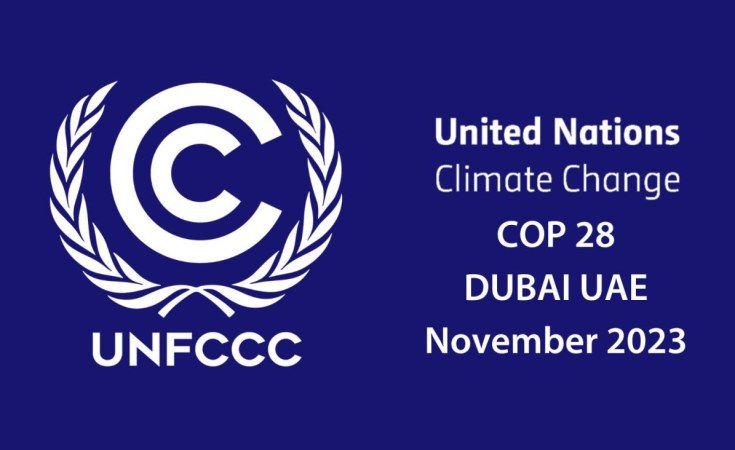African countries should incorporate climate action policies in their respective macroeconomic models as they continue to respond to multifaceted economic challenges, experts have said.
Macroeconomic models provide the tools for countries to effectively understand and predict the behaviour of their economies, analyse policy response options, evaluate possible outcomes, and guide their implementation, monitoring and evaluation.
They help in decision-making and provide insights for economic and business predictions from the collection and analysis of data on key economic indicators such as inflation, unemployment, GDP, and supply and demand.
In Africa, the Quarterly Projection Model (QPM) and the Forecasting and Policy Analysis System (FPAS) are the most widely used frameworks in Central Banks and Finance Ministries, including Rwanda.
According to recently launched report Benchmark Macroeconomic Models for Effective Policy Management in Africa which examines the relevance of the existing models to African development realities in the face of recurrent and dynamic challenges, there is a need for structure change for more precise decision-making process.
Anthony Simpasa, Chief Research Economist and Officer in Charge of Macroeconomic Policy and Debt Sustainability, African Development Bank, noted that the existing modelling frameworks are devoid of a structure that incorporates the effects of climate change.
"We need to factor in the elements of climate change, see where the opportunities lie, the cost on our economies and how we can mitigate or adapt to this to avoid economic losses and ensure that we derive maximum benefits from the environmental and social aspects that arise from climate change."
He mentioned this approach should include elements of climate change effects on poverty, income distribution, infrastructure, and displacements of communities to measure the resources needed for adaptability and mitigation costs.
It is estimated that Africa needs about $1.6 trillion to address climate change annually from 2020 to 2030. Rwanda has a climate action plan that will cost US$11 billion (about Rwf11.2 trillion) through 2030. The cost for mitigation measures is estimated at around US$5.7 billion while over US$5.3 billion will go to adaptation priorities.
The same call was echoed by Beatrice Cyiza, the Director General of Environment and Climate Change in Rwanda's Ministry of Environment, when she commented on a Country Focus Report (CFR) by the AfDB, stating that over the past years, the government addressed matters of climate change as an issue on its own without considering the economics part of it.
"We are now forced to sit down with economists for better comprehension and vice versa. With the current climate shocks, we cannot achieve the economic development we are planning. We need to sit at the same table to understand how to take this forward for the sustainability of our country."
The report stated that although there have been positive strides in macroeconomic management on the continent, the modelling capacity in Africa has remained low, with some countries relying on simple models, which do not capture the complex intricacies and realities of the operation of their economies in a globalized world.
"To bridge the capacity gap, policymakers in many African countries rely on external models and tools that do not necessarily take into consideration the contexts and realities of their economies," it added.
Furthermore, Simpasa said that regional economic blocs could consider adopting a harmonized macroeconomic model that looks at how to deal with the impact of economic shocks from one country to another member state.
It commended Rwanda's substantial progress on modelling, and recommended the government to provide additional training to domesticate the QPM model using various software tools.
The report is a product of collaboration between the AfDB's African Development Institute and the African Economic Research Consortium (AERC).


